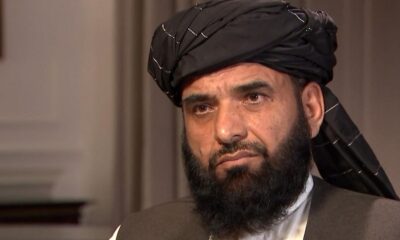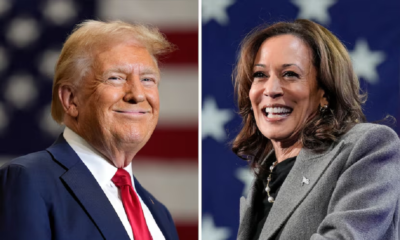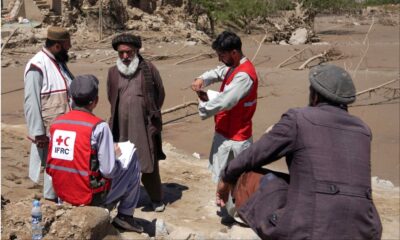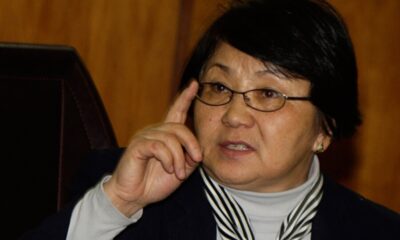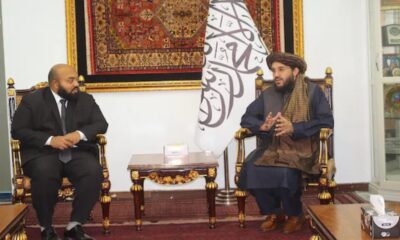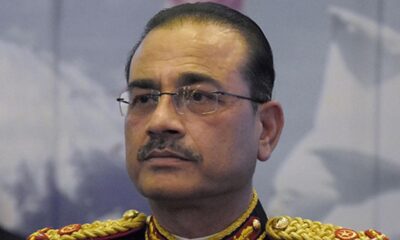Latest News
Ghani ‘refuses’ to meet with Khalilzad to discuss interim govt
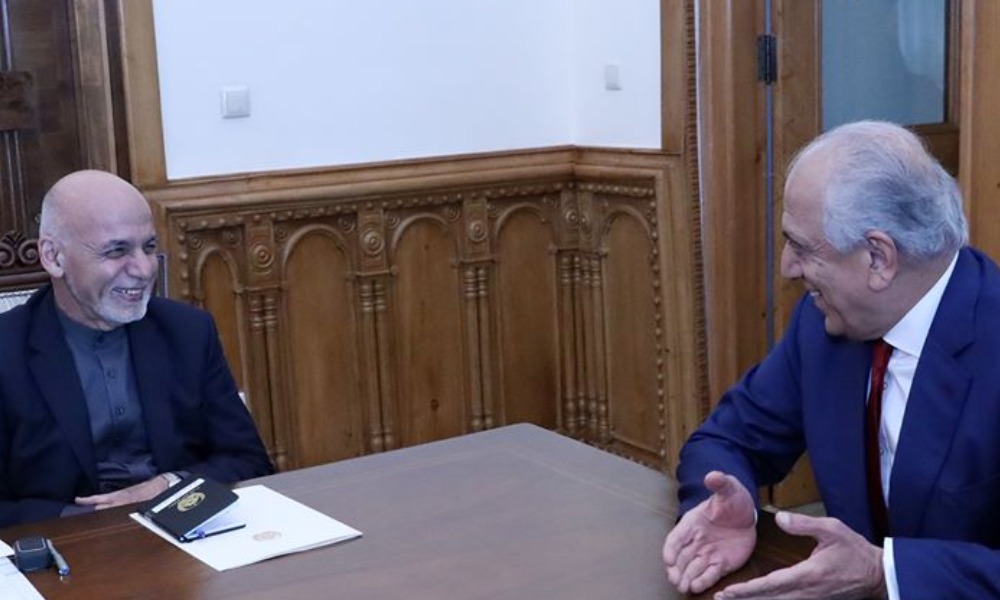
US Special Representative for Afghanistan Reconciliation Zalmay Khalilzad flew out of Kabul on Tuesday night without having met with Afghan President Ashraf Ghani, sources confirmed Wednesday.
Khalilzad, who spent just one day in the Afghan capital did however meet with high profile political figures to reportedly discuss the establishment of an interim government.
However, sources claimed Ghani wanted no part in such discussions with the US envoy.
Khalilzad reportedly met with former president Hamid Karzai, former jihadi leader Abdul Rab Rasul Sayyaf, the chairman of the High Council for National Reconciliation Abdullah Abdullah; the National Security Adviser Hamdullah Mohib and the Foreign Minister Haneef Atmar.
Sahyed Ishaq Gailani, a senior adviser to the High Council for National Reconciliation told Ariana News that Khalilzad’s aim was to discuss the establishment of an interim government but he said Ghani was opposed to discussing the issue with the US envoy.
“Mr. Khalilzad arrived in Kabul with a message of interim government which is a good message for the Afghan people, but the President did not give him time,” Gailani said.
However, Juma Khan Achakzai, one of Ghani's advisers, said the President’s failure to meet with Khalilzad was not because of the issue of an interim government but rather because he had been otherwise engaged.
“The President was busy with some government work, and Khalilzad met with the security council adviser and foreign minister, and they conveyed Khalilzad's message to the President.”
Earlier, a member of the government’s negotiating team said the focus of the talks going forward would be on the division of power, which may lead to a change in the structure of power in the country.
Peace talks resumed in Doha on Wednesday night between the Afghan negotiating team and the Taliban after a three week break. Khalilzad meanwhile is currently on a tour of the region and will also visit Qatar as he resumes efforts to push for peace in Afghanistan.
Latest News
Suhail Shaheen meets with Chinese ambassador to Qatar
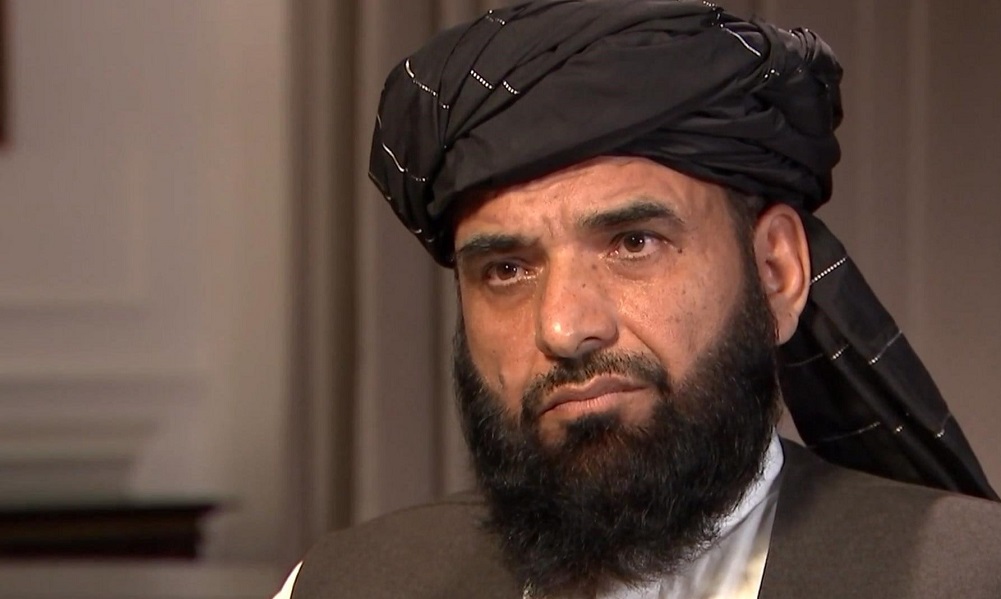
The head of the Islamic Emirate of Afghanistan’s (IEA) political office in Doha, Suhail Shaheen, met with China’s ambassador to Qatar late Monday for talks on bilateral relations, good neighborliness, and trade and investment opportunities between the two countries.
“About the Wakhan road, the export of Afghanistan's fresh fruit to China, the reconstruction of cold stores, China's assistance in the field of medical equipment to the Ministry of Health and good neighborliness between the two countries were discussed,” Shaheen said in a voice message.
China and the Islamic Emirate have been rapidly expanding relations in recent months.
Experts, meanwhile, have said that other countries need to engage with the IEA, as China is doing, in order for Afghanistan to come out of isolation.
Shaheen also met with Katharina Ritz, the head of the International Committee of the Red Cross (ICRC) delegation to Afghanistan.
He discussed numerous issues including humanitarian assistance, health sector challenges and climate change.
Both sides emphasized that ICRC activities need to be expanded, considering the needs of the people.
Latest News
IFRC reports over half of Afghanistan’s population needs urgent humanitarian aid
Afghanistan ranks among the most vulnerable countries globally to climate change and disaster risks
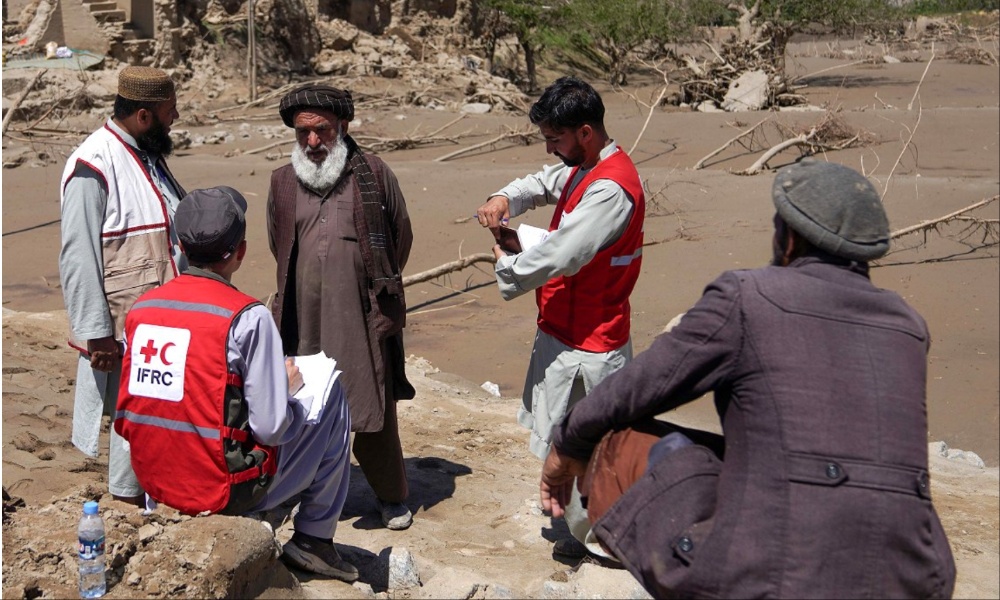
The International Federation of Red Crescent (IFRC) has reported that Afghanistan continues to face prolonged and complex humanitarian crises.
IFRC said in a report published on Tuesday, that about 23.7 million people, more than half of Afghanistan’s population, are in urgent need of humanitarian aid.
According to the IFRC, natural disasters, the growing impact of climate change, population displacement, economic challenges, and food insecurity are the main factors contributing to Afghanistan’s ongoing humanitarian crisis.
Afghanistan ranks among the most vulnerable countries globally to climate change and disaster risks.
The country is also prone to earthquakes, with nearly 400 tremors recorded in the last three years, including significant quakes, such as the 6.3 magnitude in Herat Province in October last year.
The compounding effects of disasters in the country have exacerbated the already fragile situation in Afghanistan, the IFRC’s report read.
These successive disasters have pushed more Afghans into poverty and heightened their vulnerability.
In addition, Afghanistan’s economic crisis is widespread, with more than half of households experiencing an economic shock.
The country’s economy is heavily dependent on foreign aid and remittances, which have declined significantly since the political change in 2021.
This has resulted in high levels of unemployment, challenging people’s coping mechanisms and thwarting the already fragile economy’s ability to adapt to shocks, the report read.
The IFRC said more than 85 percent of the country’s population is now living below the poverty line.
Latest News
Maldives recalls envoy to Pakistan over meeting with Afghanistan envoy
The island nation’s foreign ministry said the much publicized meeting had not been sanctioned by the government
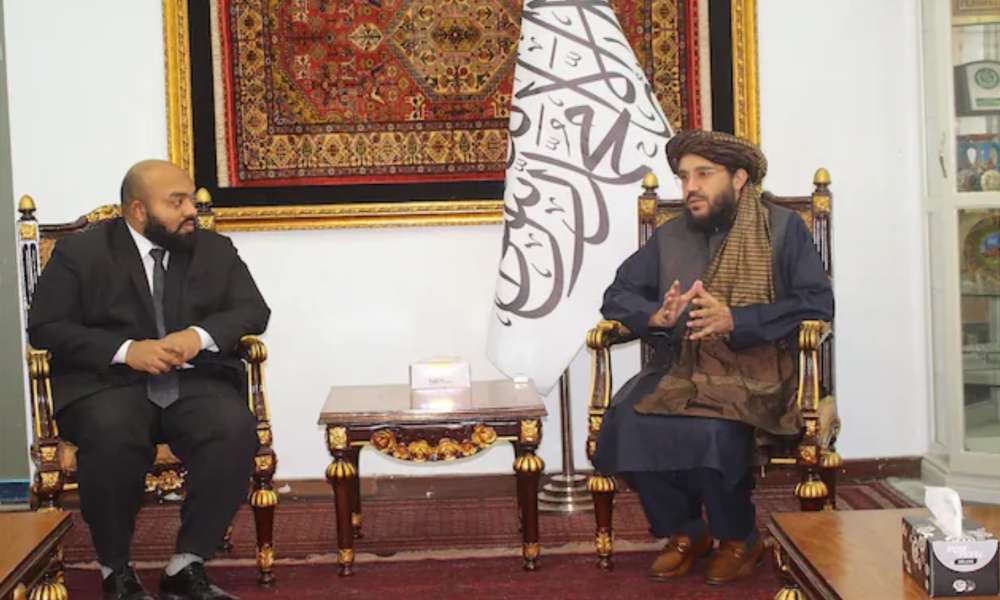
The Maldives government has recalled its top diplomat in Pakistan after he had an unauthorized meeting with an Islamic Emirate of Afghanistan envoy in Islamabad.
The island nation’s foreign ministry said the much publicized meeting between the Maldives High Commissioner Mohamed Thoha and IEA envoy Sardar Ahmad Shakeeb on Friday had not been sanctioned by the government.
Maldives media reported that the foreign ministry stated: “Consequently, appropriate action has been taken by the government of Maldives.”
Thoha’s name has also been removed from the website of the Maldives mission in Islamabad, and an official source told AFP that he had been recalled.
Since regained control of Afghanistan in August 2021, no country has yet officially recognized the government.
However, the IEA has been making inroads into the diplomatic arena and has official missions now stationed in a number of regional countries.
-
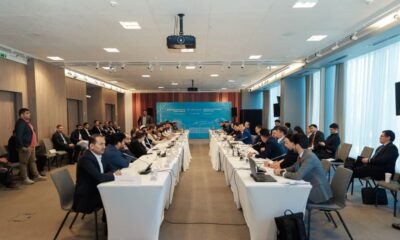
 Business5 days ago
Business5 days agoPrivate sectors of Afghanistan, Kazakhstan sign contracts worth $100 million
-

 Sport5 days ago
Sport5 days agoRashid Khan retained by Gujrat Titans ahead of IPL 2025 auction
-
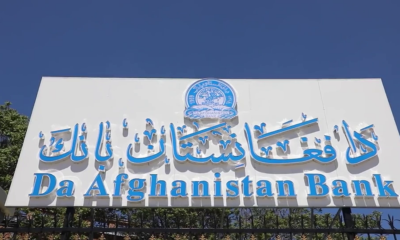
 Latest News4 days ago
Latest News4 days agoDAB plans to set up electronic payments in Afghanistan
-
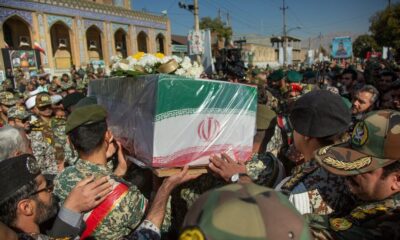
 Regional5 days ago
Regional5 days agoIran preparing strike on Israel from Iraqi territory within days, Axios reports
-

 Regional5 days ago
Regional5 days agoSeven killed, dozens injured in blast in Pakistan’s Balochistan province
-

 Sport3 days ago
Sport3 days agoAfghanistan to tour Zimbabwe for all-format series
-
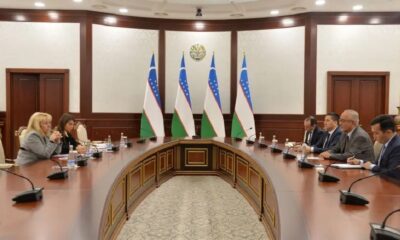
 Latest News4 days ago
Latest News4 days agoUzbekistan, EU envoys meet to discuss Afghanistan
-
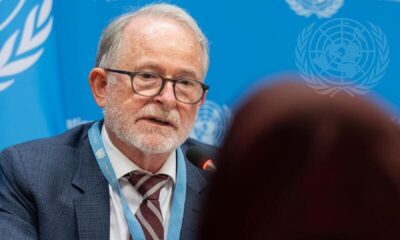
 Latest News4 days ago
Latest News4 days agoUN expert calls for comprehensive, rights-focused action plan for Afghanistan


